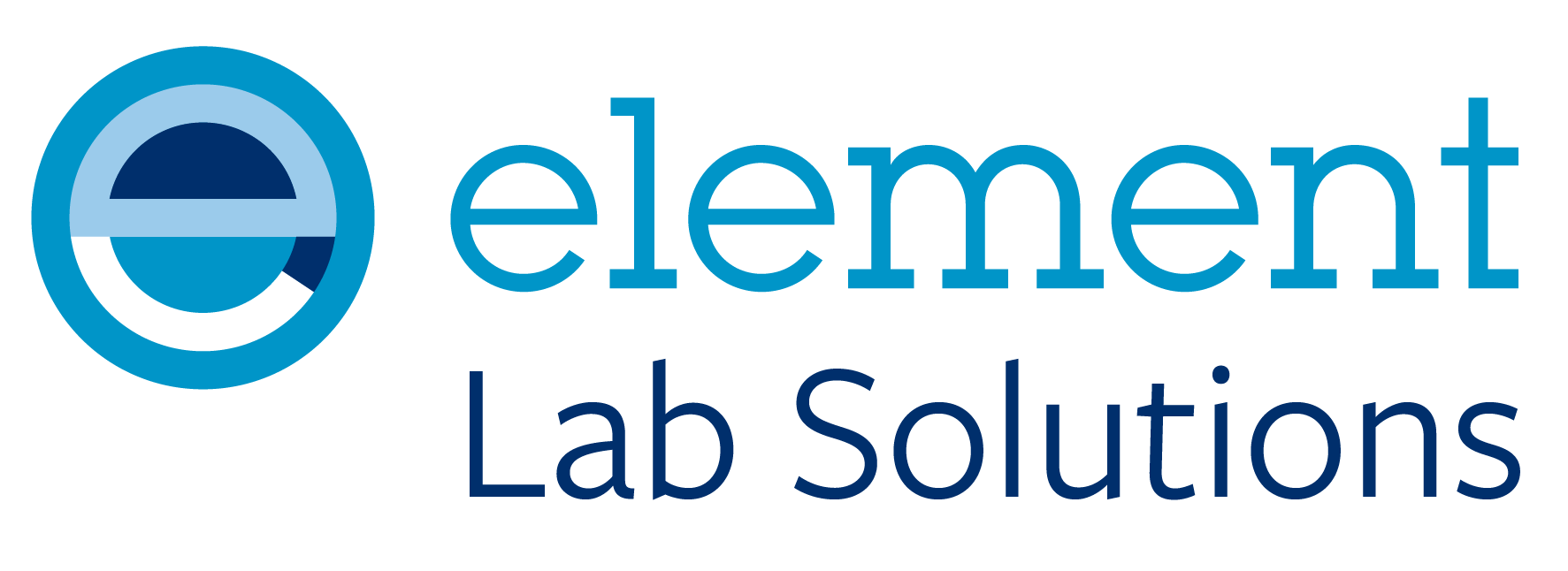LC-MS TROUBLESHOOTING TRAINING COURSE
LC-MS is not just another detector; it is a complex and often unforgiving technique. This complexity extends to troubleshooting, where many issues are unique to the technique and require specific approaches to identify and resolve. In this course we build the strong foundational understanding of LC-MS, how common issues arise, and the specific techniques we apply to identify and resolve issues. Written by experienced LC-MS specialists, we provide you with practical approaches to all aspects of troubleshooting LC-MS - whether it’s poor sensitivity, inconsistent results, or unknown contamination - knowing where and how to troubleshoot is essential for anyone routinely operating LC-MS.
LC-MS Troubleshooting is a solutions-focused course designed to help analysts and scientists systematically identify, understand, and resolve common and complex issues in LC-MS workflows. This course will empower you to take control of your instrument's performance, build the confidence to operate this technique routinely and achieve optimal productivity from this valuable technique.
You’ve made the substantial capital investment in purchasing your LC-MS hardware, let Element Lab Solutions allow you to maximise productivity from your LC-MS by minimising downtime, reducing reliance on vendor support, and achieve better reliability. LC-MS Troubleshooting delivers real-world knowledge that saves time, conserves resources, and enhances analytical accuracy across your lab.
This course is designed for those relatively new to LC-MS and will ideally follow on from attendance to the LC-MS for the Chromatographer course.
LC-MS TROUBLESHOOTING COURSE DETAILS
- Key solution chemistry factors: polarity, pH, buffers, and additives
- Ionisation techniques (ESI, APCI) and sensitivity optimisation
- Fragmentation and ion focussing basics
- Vacuum system impact on performance
- Identifying and managing ion suppression/enhancement
- Contamination prevention and cleaning strategies
- Tuning vs. calibration and how to interpret reports
- Compound-specific optimisation techniques
- Distinguishing LC vs. MS-related issues
- Benchmarking system performance
- Troubleshooting sensitivity and precision problems
- A step-by-step troubleshooting process
- Hands-on troubleshooting with real-world case studies
We offer flexible delivery options for this instructor-led course:
- On-site: one full-day session at your laboratory or any location of your choice.
-
Online: two half-day interactive sessions.
View our online training calendar for upcoming dates.
Some experience in routine LC-MS analysis.
-
Solution Chemistry
- Positive and negative ion acquisition
- Molecule polarity
- pH and pKa
- Buffers
- Mobile phase additives
-
Ionisation
- Electrospray
- Atmospheric Pressure Chemical Ionisation
- Factors affecting sensitivity
-
Instrumentation
- Collision Induced dissociation
-
Vacuum System
-
Ionisation Suppression and Enhancement
- Ion suppression
- Specificity and selectivity
-
Contamination and Cleaning
-
Tuning and Calibration
- What’s the difference?
- Profile tuning
- Autotune report interpretation
-
Compund Specific Optimisation
-
LC or MS?
- Potential sources of common issues
-
Benchmarking Performance
-
Troubleshooting Sensitivity Issues




